The former deputy president’s 25-month tenure ended suddenly. The Senate voted to approve his impeachment on Thursday, October 17. This decision marked him as the first sitting deputy president to be ousted from office.
During the Senate’s vote, held just before midnight, five of the 11 impeachment charges against Gachagua passed. They received the required two-thirds majority. This decision started a constitutional procedure as specified in Article 149. It requires the president to appoint a new deputy president within 14 days of the vacancy occurring.
According to Article 149 of the Constitution, the president has 14 days to select a replacement. Sources familiar with the rapidly developing situation have indicated President William Ruto will swear in his new Deputy President. This is expected to happen after approval by the National Assembly. The swearing-in is anticipated by Saturday, October 19, in advance of Mashujaa Day celebrations.

According to the Public Appointments Act, Parliament must approve any appointment that requires its consent. Yet, the constitution’s lack of clarity about the events occurring within the 60 days has raised questions.
The National Assembly is obligated to assess the nominee’s suitability within 60 days. Their approval signifies the final step in the appointment process. Yet, the National Assembly has acted swiftly to commence the process of replacing Gachagua.
The National Assembly has already received President William Ruto’s nominee. Interior Cabinet Secretary Kithure Kindiki has been nominated. They have initiated discussions on the motion. This action clearly signals that the search for Gachagua’s successor is actively progressing. Evaluations of potential candidates are underway to align with the nation’s expectations.
The next deputy president will be inaugurated according to the procedures specified in Article 148 of the constitution. The chief justice or their deputy will conduct the oath-taking. The appointee will officially assume office after the ceremony is completed. This expedited procedure guarantees that the country does not stay without a second-in-command for an extended period.
The qualifications for a deputy president nominee are well-defined. The individual must be a citizen of Kenya by birth. They must have no allegiance to any foreign country. They should also have a university degree. The Leadership and Integrity Act sets crucial integrity requirements. These requirements guarantee that the nominee meets the ethical standards required for such a high office.
Article 148 stipulates that the deputy president-assigned takes an oath of allegiance. They execute the duties outlined in the Third Schedule upon assuming office.
Despite the impeachment, Gachagua’s legacy continue to generate discussion. A deputy president completes a full term only if they stay in office for over two and a half years. This is what the law states. Gachagua served for a shorter period. Hence, he will not be eligible for the retirement benefits usually granted to those who fulfill their term.


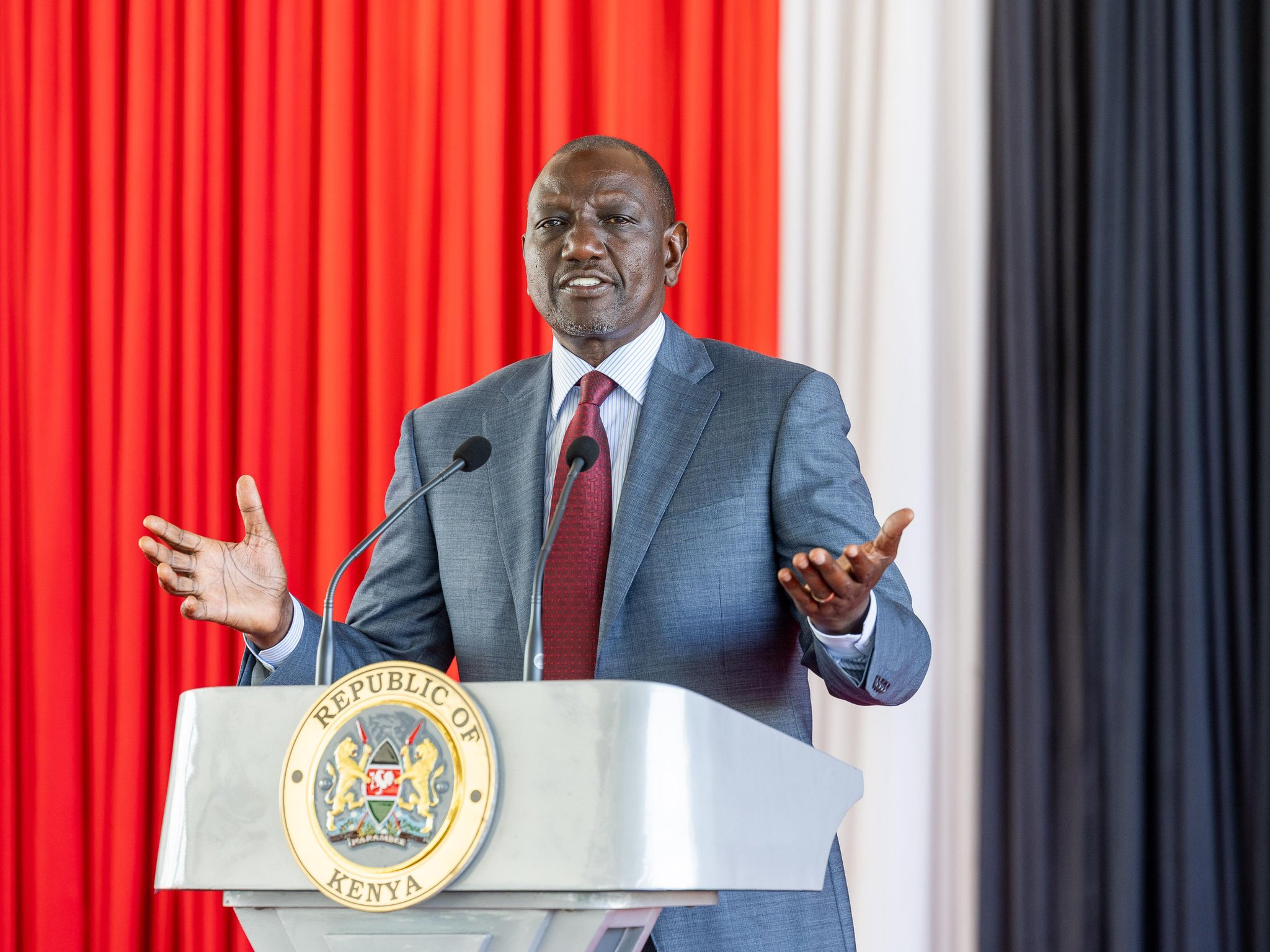
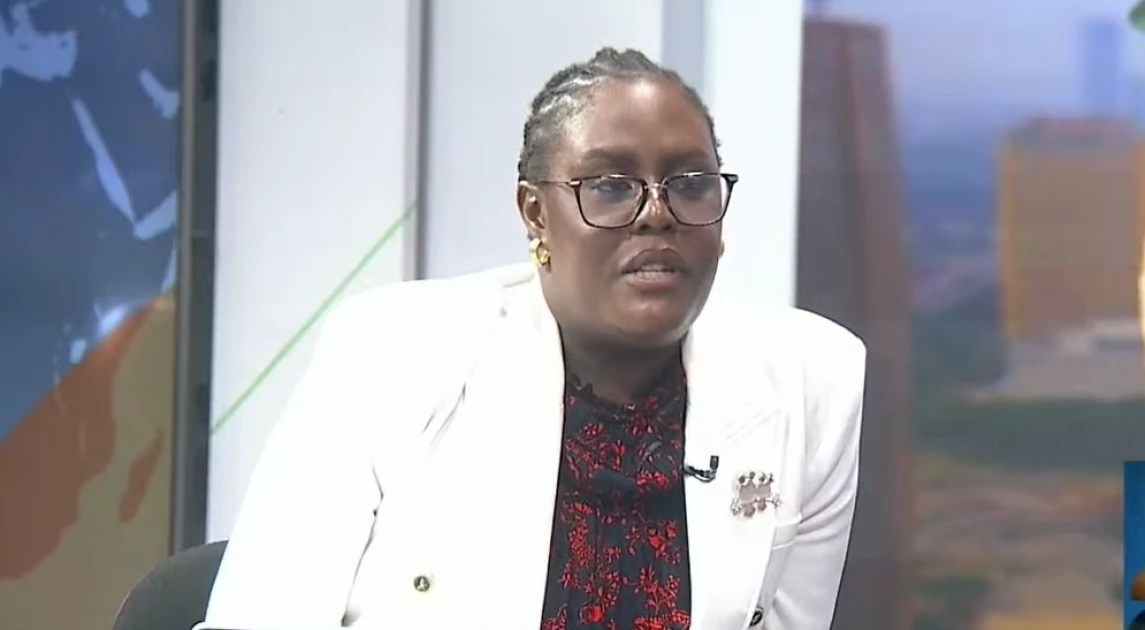
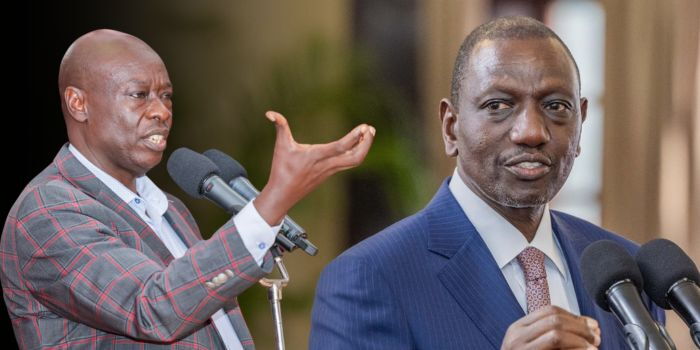


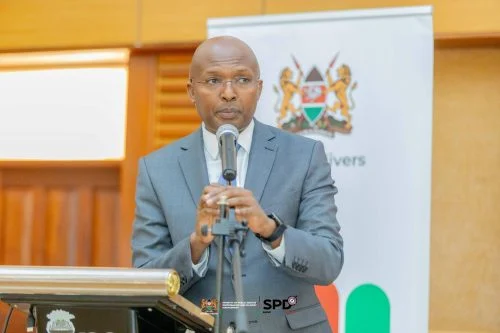
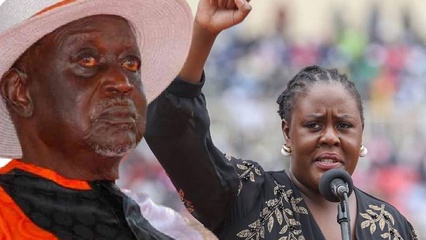
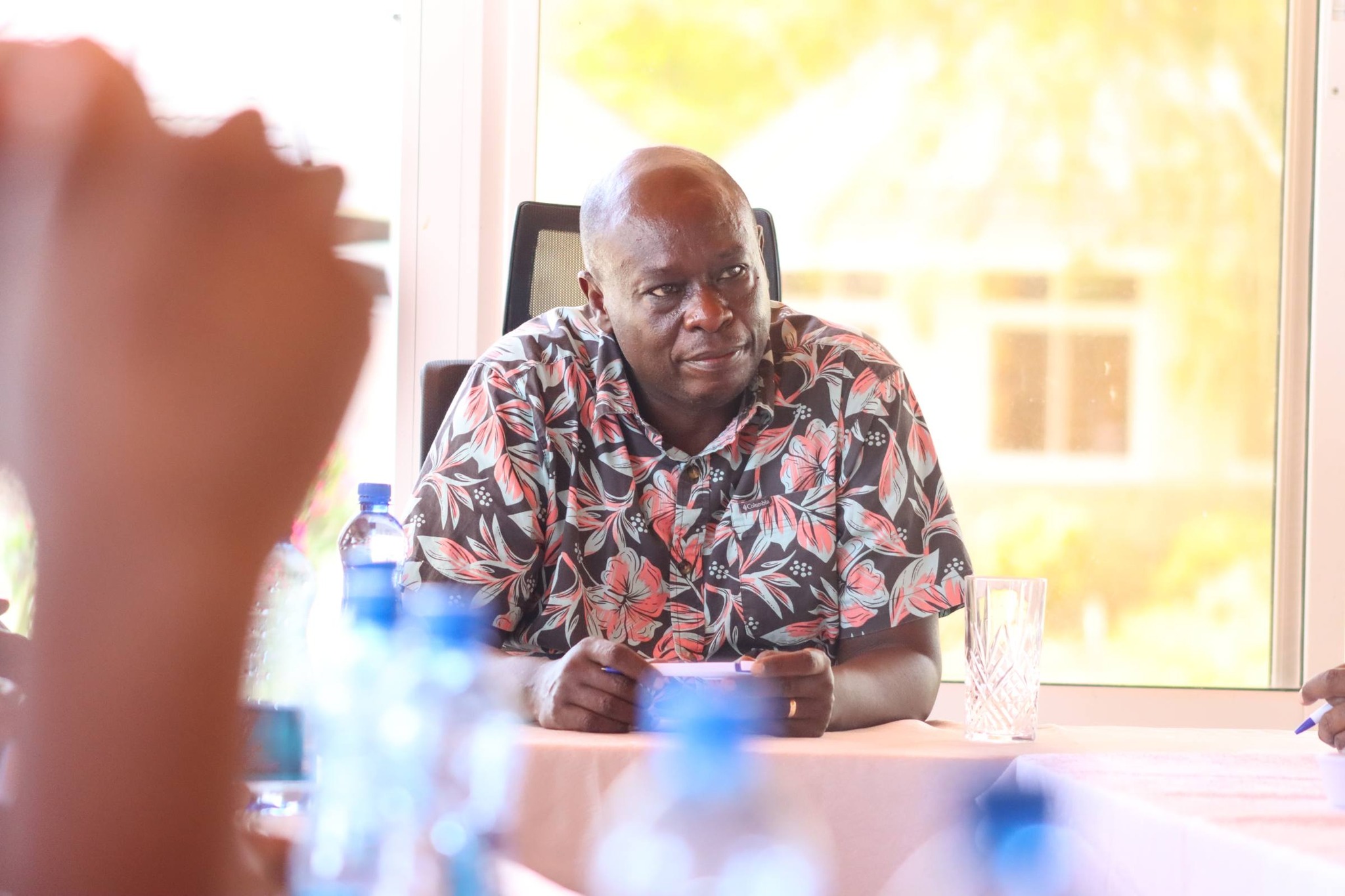


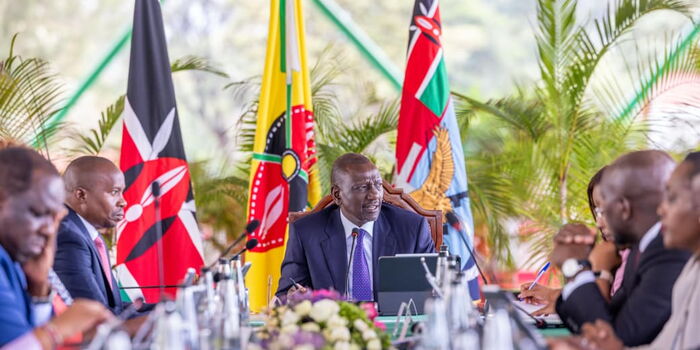


Leave a Reply